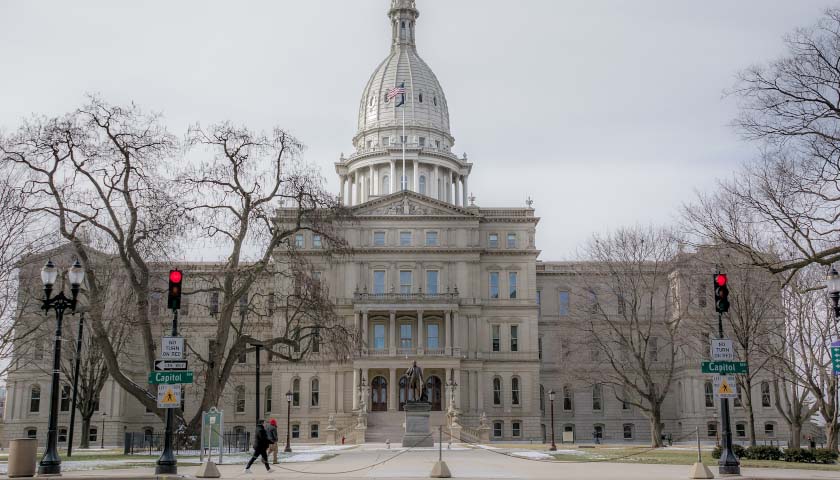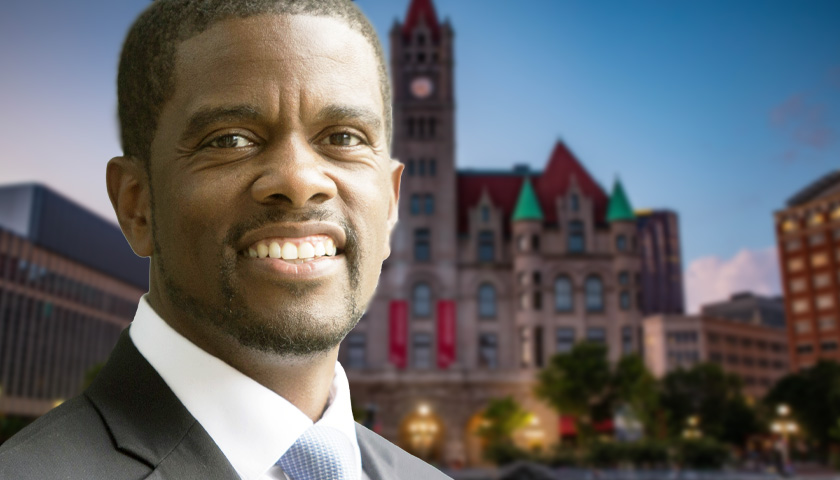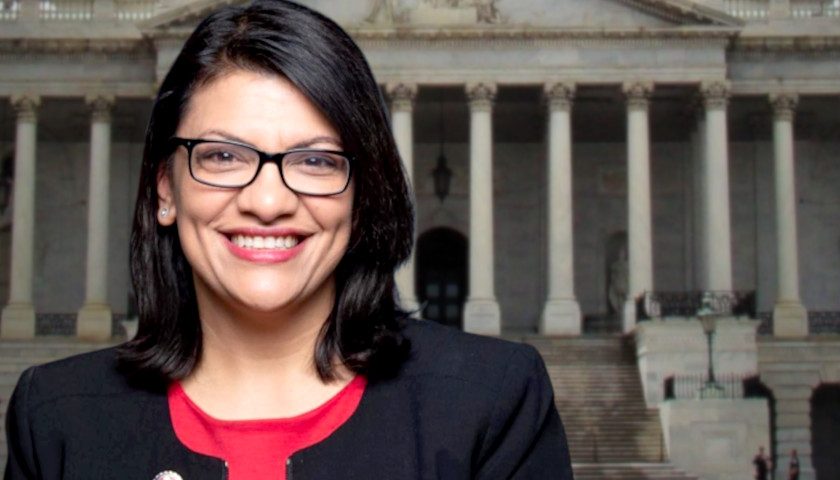by Scott McClallen
While the Michigan Independent Citizen Redistricting Committee (MICRC) draws political boundaries for the next decade, its spokesman complained that some members of the media are unfairly criticizing them.
Bridge reporter Sergio Martínez-Beltrán tweeted:
“The spokesman of the commission said that “the way we’ve been picked apart and analyzed is concerning” and continued: “The commission is a public body. We are watching. We are reporting. The public is watching. Seems like there’s not a real understanding on what’s the role of the press here.”
MICRC spokesman Edward Woods III said the complaint only related to a few members of the media.
“I appreciate and respect the media that provides a fair and accurate reporting of the Commission’s work, even if it is constructive criticism,” Woods said in an email.
“We all know the power of the pen and how it may not be wise to argue with the media. However, this should not give the press a free pass to weaponize their power to the peril of this Commission.”
Woods criticized some members of the media for challenging the political affiliation status of commissioners, citing voting records and donations. He noted the Constitution requires no such rule the MICRC vet candidates. He also stated Michigan’s lawmakers had the opportunity to strike possible commissioners from the pool.
Woods also said some reporters confuse user-friendly with openness and transparency. “The MICRC has never faltered from having its meetings live-streamed and available to the public in real-time or later viewing,” he wrote. “As a result, some of the media took the time to watch the meeting, write their stories, and took screenshots of maps for their stories. Although it took longer than the MICRC expected to obtain these user-friendly maps drawn by the Commission on the website, it was not a violation of our values of openness and transparency.”
He also noted MICRC critics are less vocal when reporting on MICRC opponents.
Some reporters questioned Woods’ complaints since secrecy haunted previous map drawings. In 2018, Michigan voters were fed up with in-power politicians drawing their own districts to pick voters instead of vice versa in a process shrouded in secrecy to protect incumbents. As a result, 61% of voters in the state approved a ballot proposal that established an independent citizen’s redistricting committee to champion transparency. But MICRC holds many meetings during the workday, so reporters are the main conduit to explain a complex topic to residents who might not have hours to assess map drawing.
Mlive reporter Emily Lawler tweeted:
“So the commission @NotPoliticians put in place to make a previously secretive process transparent is … inconvenienced by reporters reporting on it?
The whole premise of its existence kind of falls apart if nobody’s scrutinizing it.”
Other groups who have been critical of the MICRC demanded more transparency.
“This commission is struggling to get out of its own way, and Michigan residents are paying the price,” Michigan Rising Action Executive Director Eric Ventimiglia said in a statement. “Our state demanded a more transparent process in 2018, and three years later there’s no indication that will happen. It is disconcerting to see this committee focus more on politics and lashing out at the media than actually drawing fair maps.”
– – –
Scott McClallen is a staff writer covering Michigan and Minnesota for The Center Square. A graduate of Hillsdale College, his work has appeared on Forbes.com and FEE.org. Previously, he worked as a financial analyst at Pepsi.
Photo “Michigan State Capitol” by jasongillman.





